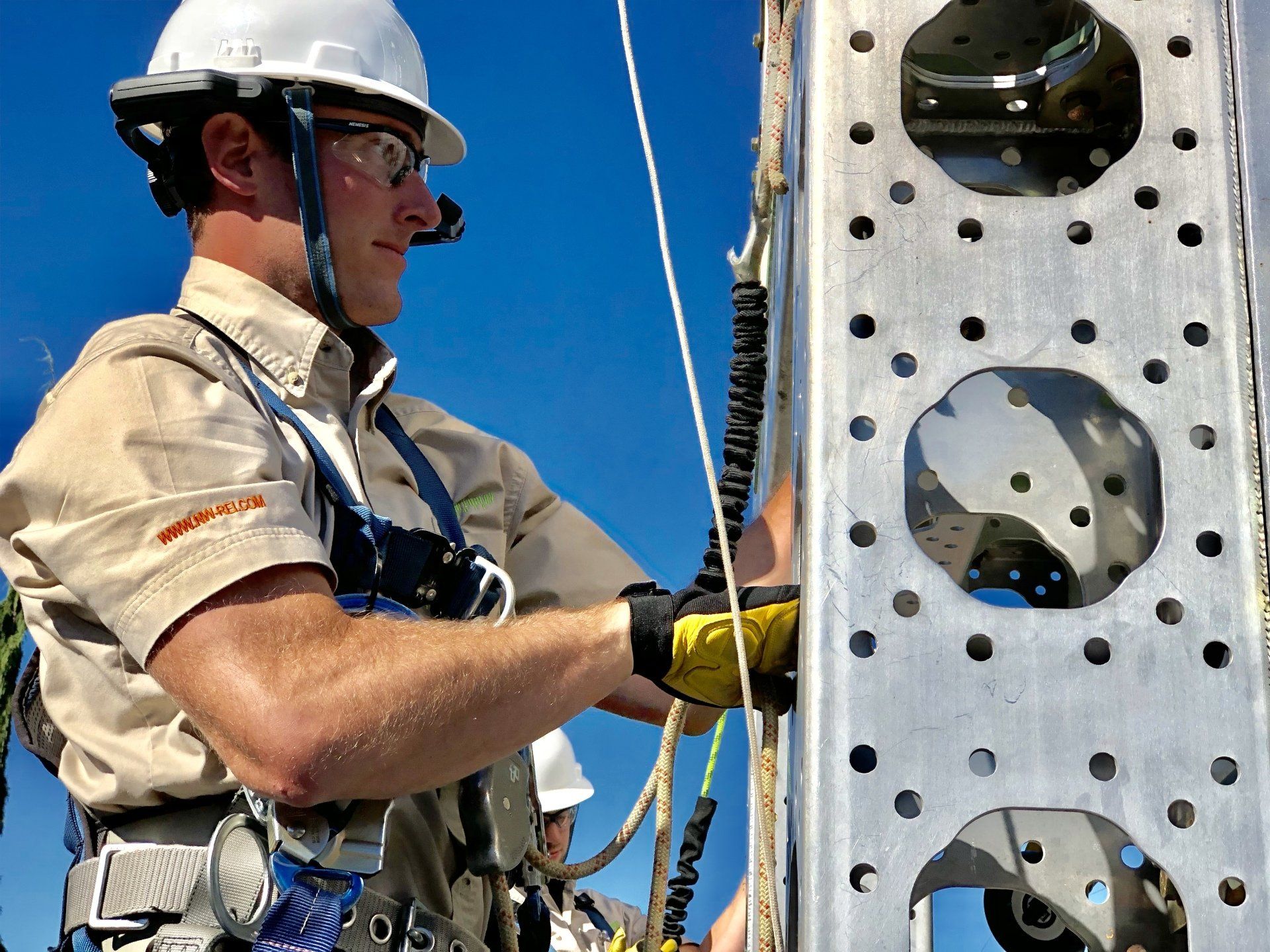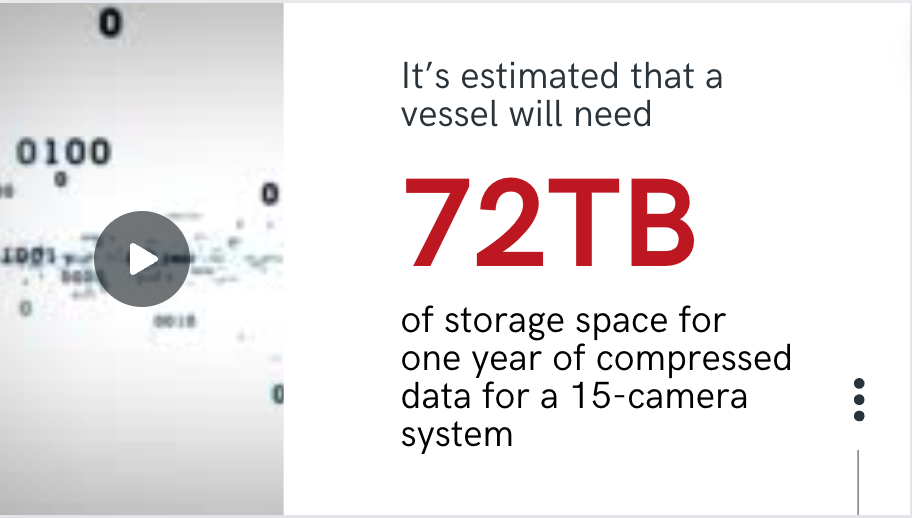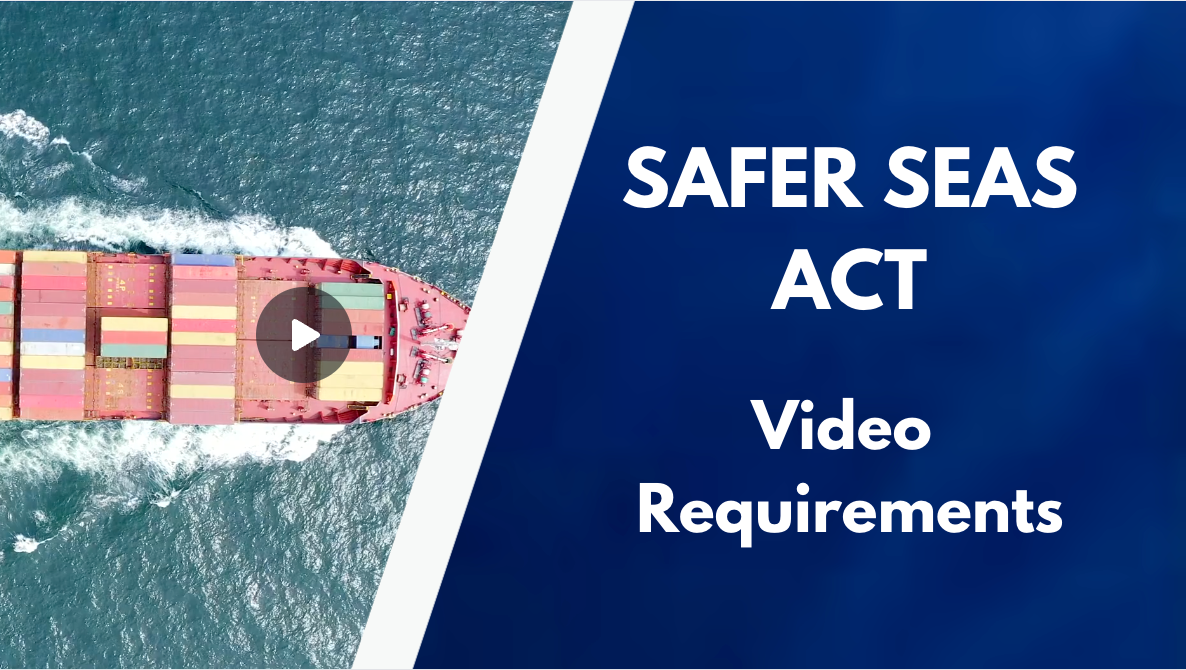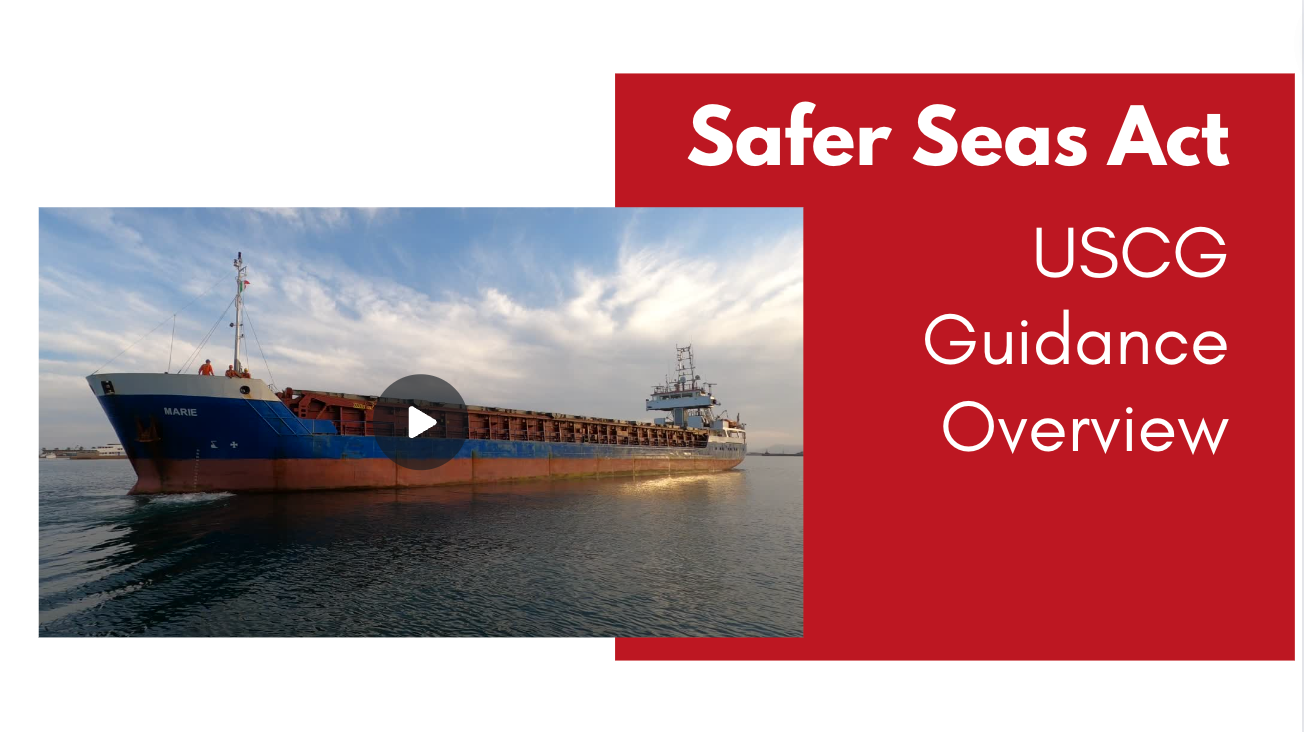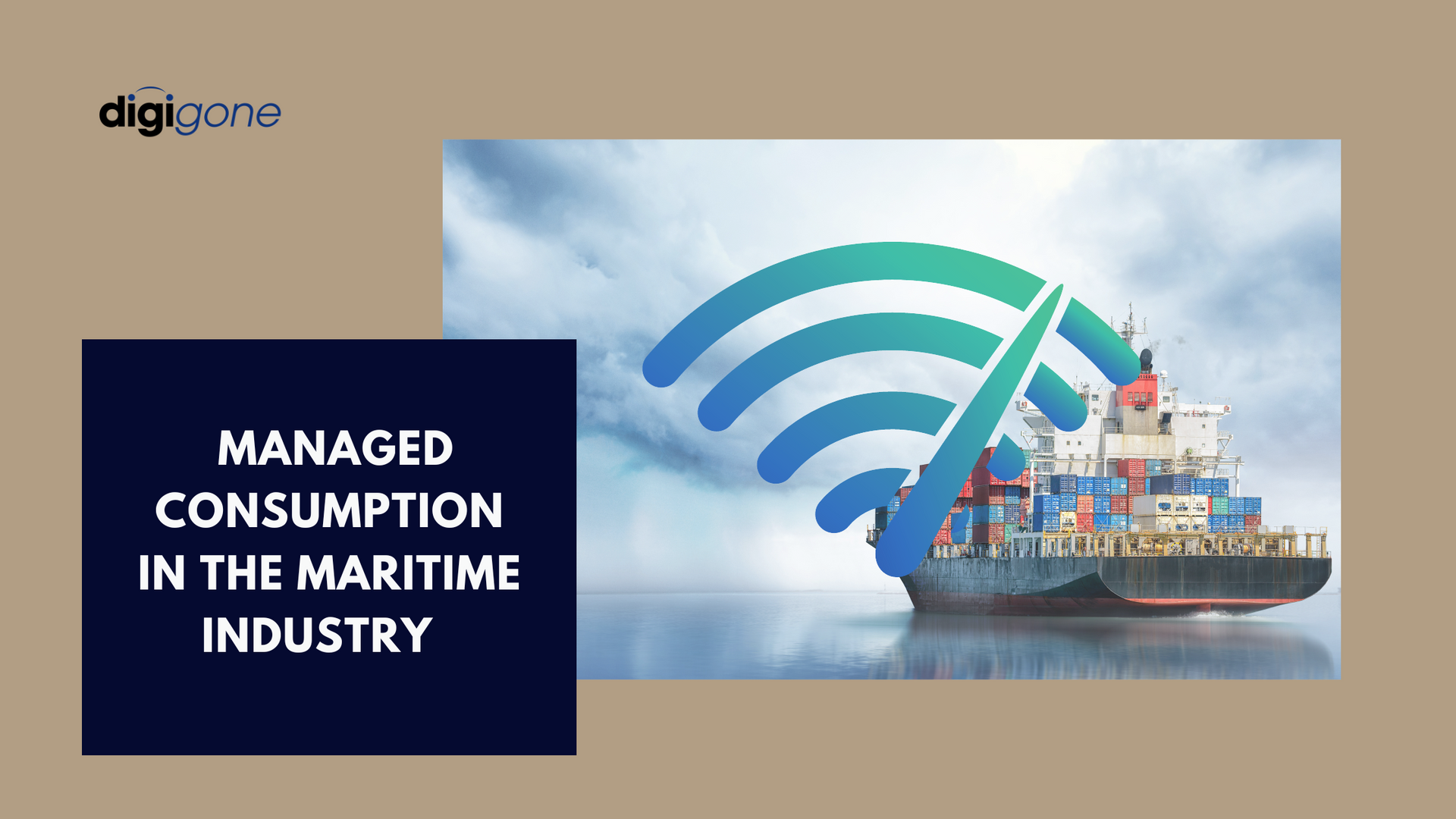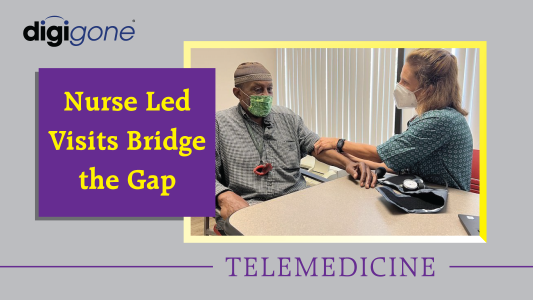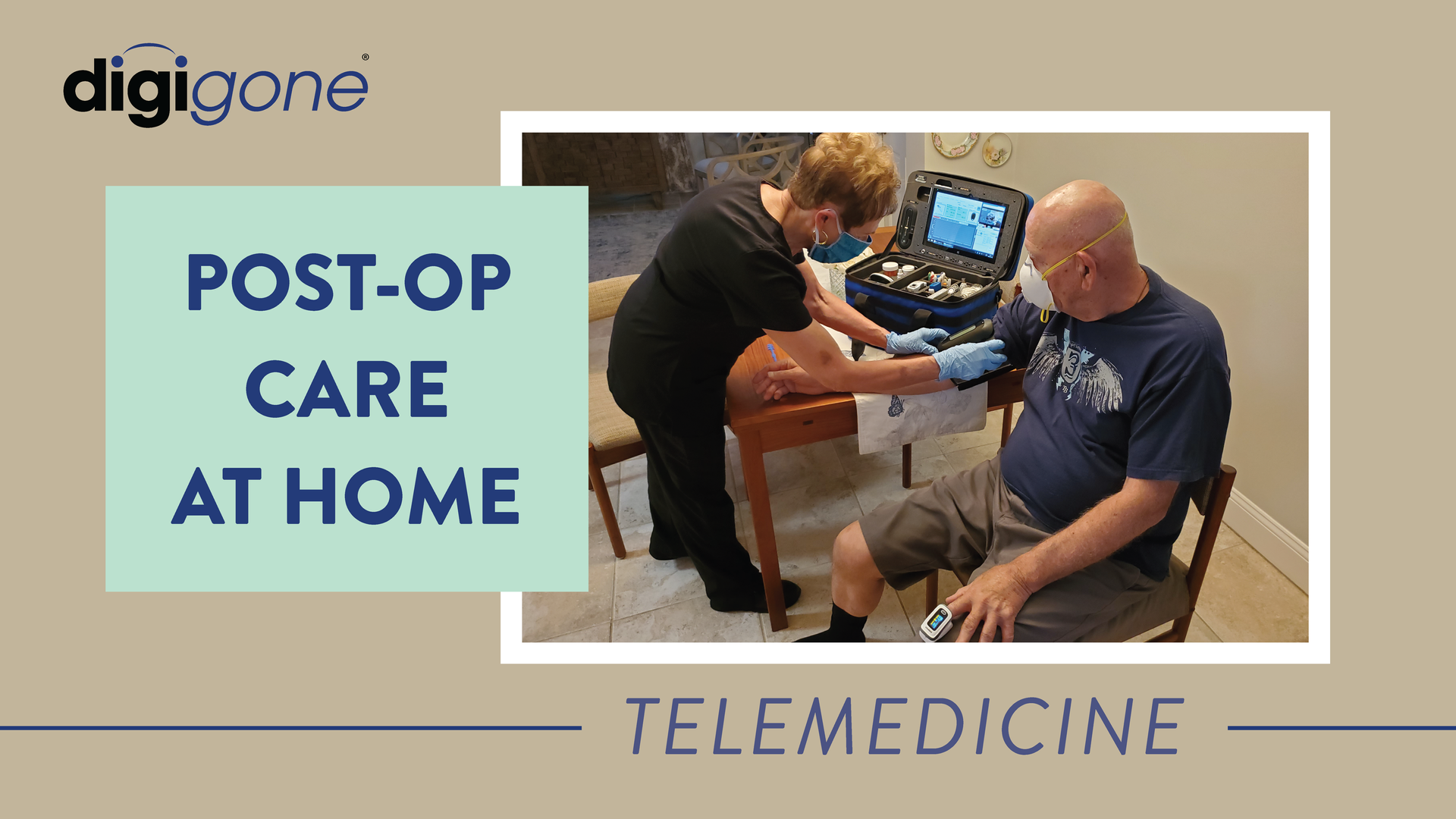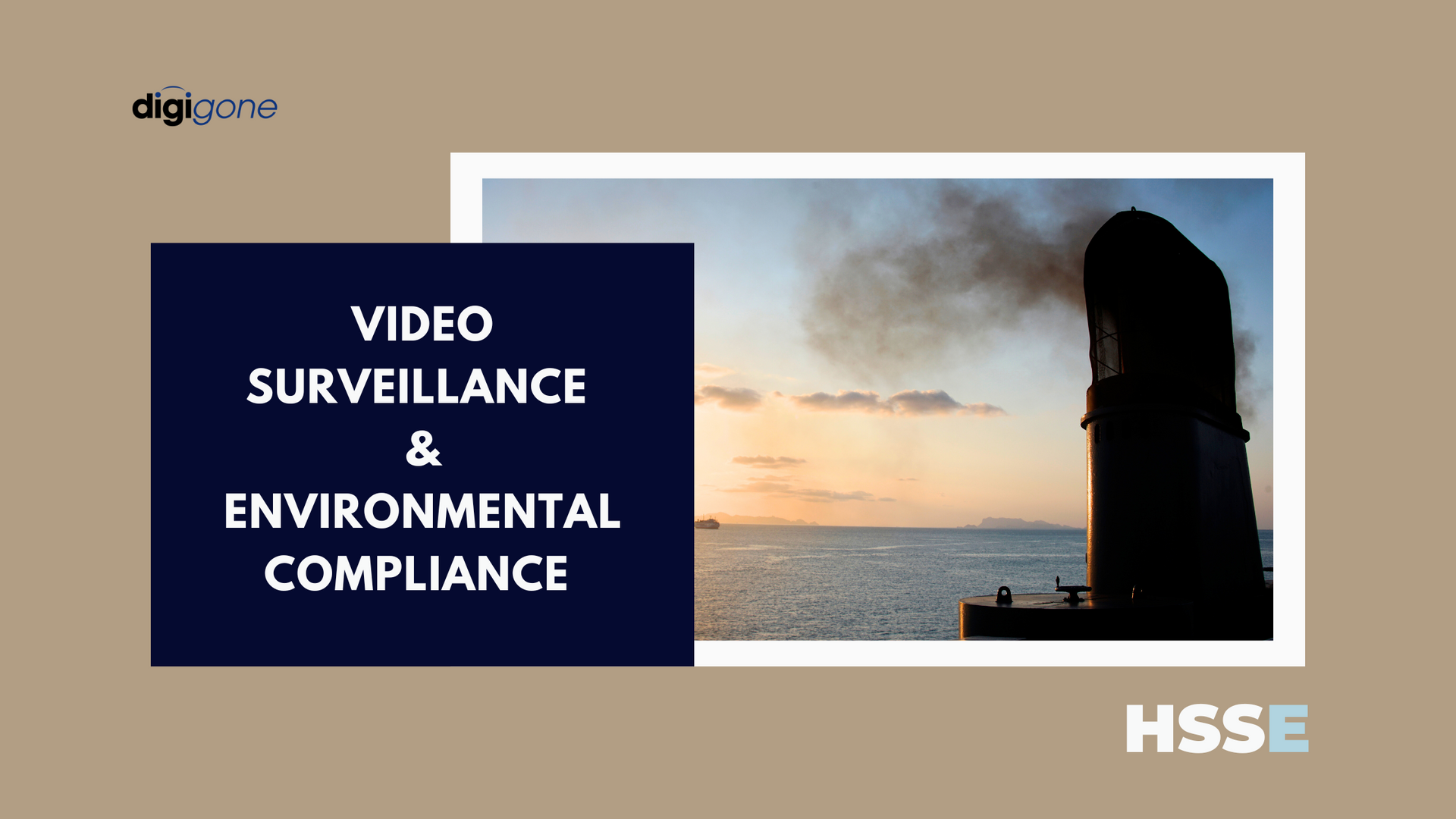Five Ways AR Headsets Are Transforming Operations at Industrial Sites
DigiGone • August 31, 2020
The digiTech/HMT-1 headset allows your skilled workforce to collaborate safely and efficiently by gaining access to resources and data quickly from anywhere.
Imagine a scenario where a piece of machinery has completely shut down a worksite. It could be a myriad of situations; from a problem on a remote oil rig to a maritime asset. An engineer needs to see the equipment to assess the problem and assign a solution, however getting on-site during the COVID-19 pandemic is all but impossible.
Virtual platforms and digital solutions are now crucial in these industrial settings. With travel restrictions and the risk of spreading the virus, many companies have seen a drop in production or lapse in preventative maintenance, which according to the U.S. Bureau of Labor Statistics
was an issue even before the pandemic.
The use of augmented reality (AR) headsets at industrial sites such as oil and gas platforms, maritime vessels, and mining sites is changing the practice and pace of major repairs by connecting these isolated and critical industries to the expertise often on the other side of the planet.
AR Headsets: Transforming How Industries are Managed
DigiGone® recently collaborated with RealWear Inc. to integrate our technology solutions, digiTech®, with their rugged AR headsets, the HMT-1. This hand-in-glove venture is a simple and secure collaboration tool purpose-built for low bandwidth environments.
The digiTech/HMT-1 headset allows your skilled workforce to collaborate safely and efficiently by gaining access to resources and data quickly from anywhere.
Remote Collaboration
The HMT-1 headset allows users to share their real-time point of view with collaborators anywhere in the world.
In addition to verbally guiding the worker through an installation, inspection or repairs, collaborators can send the user text, images, and videos to aid the operations. These resources appear through a sight-line view that is the equivalent of a tablet.
The voice-controlled navigation system is simple to use and allows crew to keep their hands free for repairs, maintain better-focus and optimal situational awareness.
Faster and Cheaper
Considering global travel restrictions, boarding an airplane, vessel or entering a plant might be impossible, if not risky.
The digiTech Solution
eliminates the requirement for travel in a remarkable number of instances. There will always be scenarios that mandate an individual make the trip and maintain a physical presence until the task is complete. But consider the return on investment for getting machinery back online without the cost of travel, logistics and the downtime while awaiting specialists.
Less Down Time
Engineers and remote operators can virtually consult with on-site technicians to guide them through inspections or minor repairs before issues escalate. The user’s camera can zoom in on specific areas. Documents can also be sent to the crew for reference, should they need it, and even stored in the headset for later use.
Testing, commissioning, inspections, trial runs, and complete repairs can all be handled through virtual collaboration.
Increased Safety
Another key benefit is the inherent safety of the digiTech RealWear headsets. Workers’ hands are free. Their sight is not impaired. They’re not trying to flip through a cumbersome binder or balance a laptop, while at the same time performing a repair. They’re able to maintain full situational awareness and completely focus on the task in front of them while being guided by remote engineers or technicians.
Low Bandwidth Functionality
digiTech’s software is extremely effective in low bandwidth environments. This is not only a functional concern but a financial one. Digitalization of the workforce will depend on the available connectivity and the price thereof. A solution that consumes minimal bandwidth and allows other applications to run simultaneously will save you money while increasing efficiency.
- Below is a quick bullet point summary of the cross-platform capabilities of the HMT-1 and digiTech Solutions headset:
- Capture still images
- Record video
- Initiate calls from either the remote worker or inspector/engineer
- Include multiple participants
- Send documents and schematics to the worker’s view
- Zoom in and out of those documents to examine their details
- Save photos and videos locally on the HMT or remotely
- True end-to-end encryption using 256-bit AES
- Customers can have complete control of their communication security by integrating the DigiGone server application into their network
- Versatility; not only does the digiTech Solution support remote collaboration, it:
- Integrates with CCTV systems providing the onsite supervisor or bosun with enhanced situational awareness, and
- Supports remote telemedicine services, significantly enhancing the level of care being provided to remote patients
If you would like to receive a free demo for your company, please let us know
and we’ll schedule an appointment.

Telemedicine kits are becoming indispensable tools for home healthcare providers, particularly during transition care medical examinations (TCMs). While the initial TCM is conducted by a physician who generates revenue from the service, the telemedicine kit significantly benefits home healthcare providers by expediting patient registration for their care services. With a nurse or medical assistant deploying the kit, patients can be quickly evaluated and connected with a physician, ensuring all necessary documentation and approvals are completed more efficiently. This faster onboarding process allows home healthcare providers to register more patients in less time, helping them deliver care sooner and grow their services efficiently. The ability to “bring the doctor” to the patient through a telemedicine kit is invaluable in initiating care seamlessly. Once patients are on board, home healthcare providers can continue leveraging telemedicine technology to improve how they deliver services. The kits enable nurses and medical assistants to perform follow-up visits, diagnostics, and real-time consultations without requiring patients to leave their homes. This capability allows providers to optimize their schedules and visit more patients daily, all while maintaining a high standard of care. The efficiency gained means better coverage, smarter use of resources, and happier patients. Beyond efficiency, telemedicine kits help providers build stronger connections with their patients by making care more accessible and personalized. Providers can quickly respond to emerging health concerns, adjust care plans, and ensure ongoing monitoring—all from the patient’s home. This not only leads to better patient outcomes but also boosts the provider’s reputation for being reliable and innovative. By facilitating the registration of more patients and enhancing care once they are onboarded, telemedicine kits are powerful tools that enable home healthcare providers to expand their reach, improve operational efficiency, and thrive in an increasingly competitive market. In a rapidly evolving healthcare landscape, telemedicine kits are revolutionizing how home healthcare providers deliver care, enabling faster patient onboarding, enhanced service delivery, and stronger connections with patients. By integrating this indispensable technology, providers can streamline operations, improve patient outcomes, and position themselves as leaders in care innovation. Don’t miss the opportunity to elevate your home healthcare services. Explore how telemedicine kits can help you expand your reach, optimize your resources, and deliver exceptional care. Contact us today to learn more and take the next step toward transforming your care delivery model.
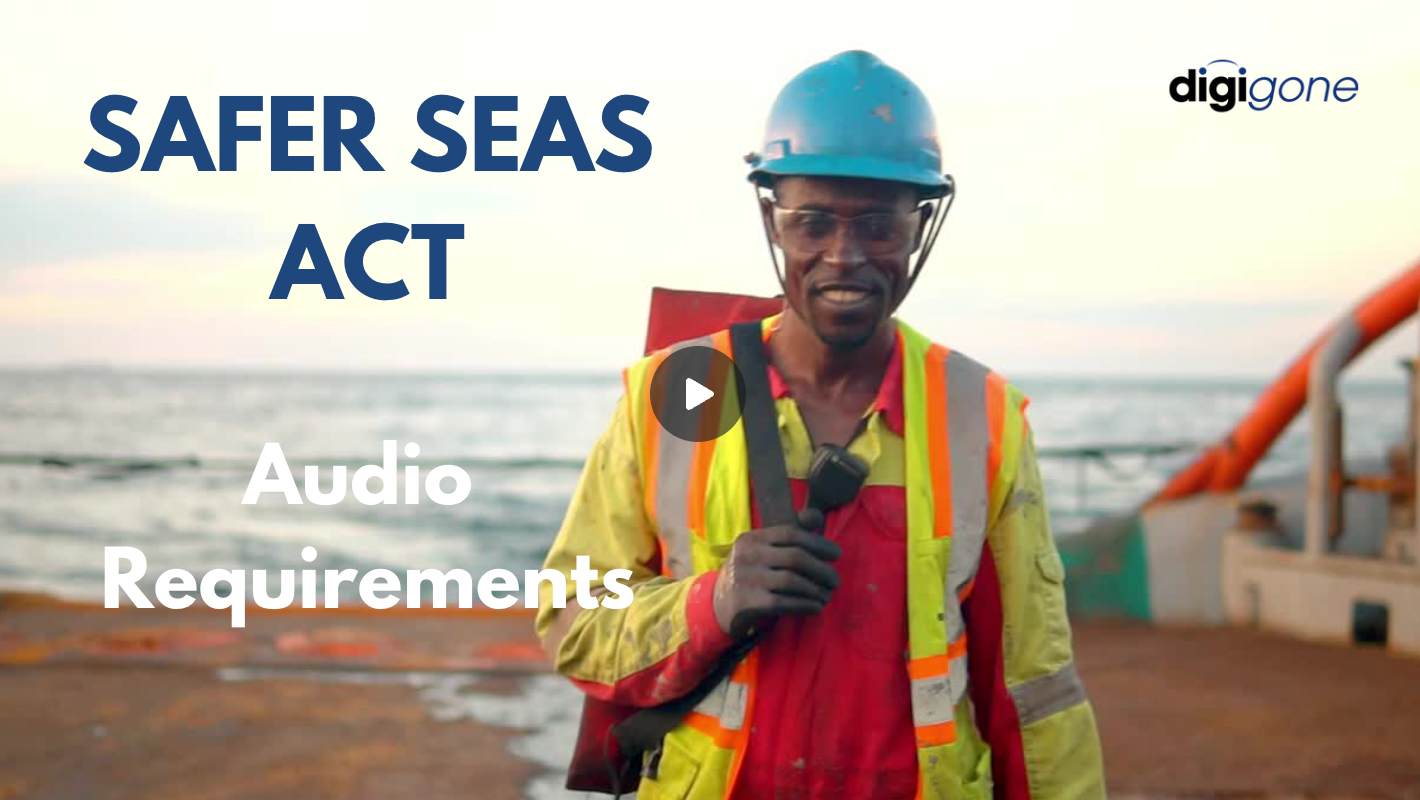
With the new Safer Seas Act, vessel companies must comply with many new regulations by the end of the year. One of those requirements includes audio equipment placed outside of hallways leading to staterooms, which DigiGone can help with. And while this may seem burdensome, these new rules will be good for vessel companies in the long run.



